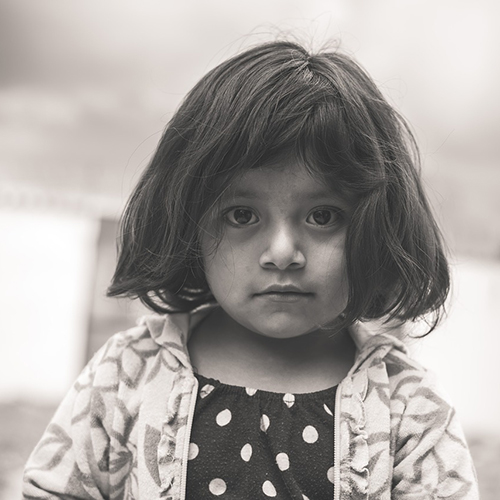
Bring up the topic of child molestation around any parent and the word “nightmare” inevitably comes up. But the problem is far too real. The National Center for Victims of Crime reports that 1 in 5 girls and 1 in 20 boys are victims of sexual abuse. Sandra Murray, M.D., medical director of the Child Abuse and Protection Team at Miller Children’s & Women’s Hospital Long Beach, shares some other important facts.
When should parents be talking with their kids about sex?
Most parents think that at some point they have to talk to their kids about “the birds and the bees” or sex, and they think it’s just going to be a one-time thing, but that’s really not the best way to do it. It’s best to start at a fairly young age, talking to them in ways age-appropriate to them about how it’s not OK for people to touch their private parts. And it’s an ongoing conversation.
Use specific examples. Things like, “You’re over at your friend’s house and somebody wants you to play a game or touch a private part or take off your clothes. What do you do?” Role play it with them a little bit so that they have something concrete.
Some molesters use arousal to shame their victims into staying silent. At what point should parents talk to their kids about arousal?
It’s important to explain to your kids about what is normal. It’s normal for children ages 4-6 to start recognizing differences between boys and girls and start exploring their own bodies. Parents don’t wig out when they explore their ears and their mouths, but when they start exploring their genital areas, parents get worked up about it. Tell the child, “That feels good. It’s OK, but you need to do that in the privacy of your bedroom. We don’t do this in public and nobody should do that to you.”
What types of conversations should parents have with their children about other adults – coaches or teachers or babysitters – who might be spending time alone with them?
Perpetrators are someone the child knows more than 80 percent of the time.

Parents should let their children know that it doesn’t matter who it is – if somebody touches them or makes them uncomfortable or shows them something that makes them uncomfortable, like showing them pornographic photos or taking pictures of them, they should let the parent know. And these conversations need to be with both boys and girls.
If a child tells a parent something like this, how should the parent react?
This is going to be hard, but try to stay calm. Praise the child for telling you. Don’t ask a whole lot of details if you’ve got enough information to know that you need to report it to law enforcement. And let the child know that you believe the child, you still love the child, you’re there to protect the child.
If a child isn’t saying anything, are there signs that something might have happened?
Yes. Changes in their sleep or eating patterns, changes in their personality, becoming a lot more secretive, regressing – things like bed wetting. If the child has unexpected gifts or money, that would be something to start asking a lot of questions about. In younger children, if they have any inappropriate acting out of sexual events or sexual knowledge beyond their age, then that would be of concern.


























